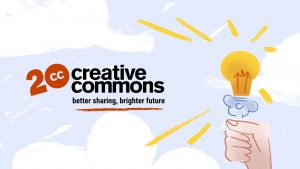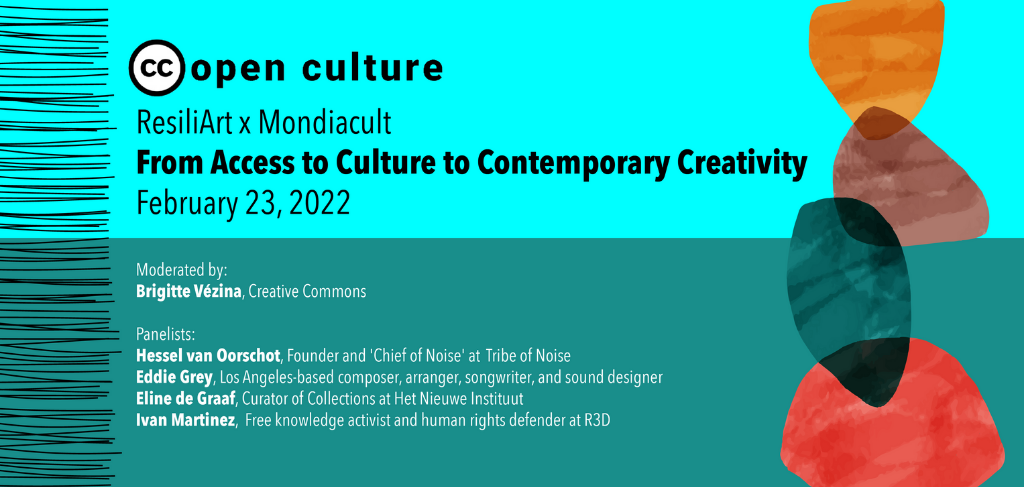What’s Next for CC Licenses
mardi 15 février 2022 à 18:11 
In this 20th anniversary year of the CC license suite, we are pleased to be renewing our commitment to license stewardship. Creative Commons has always taken its stewardship responsibilities seriously, engaging in multi-year consultation processes for versioning the tools, publishing official translations of the licenses into dozens of languages, and working to educate people about how the licenses work within the law and with new technologies.
Before entering the next chapter of CC’s work as steward of the CC licenses and public tools, we took a look back at the various ways in which we have supported our tools, and our communities over the past 20 years. And then, with your help, we set out to craft a concrete set of principles and responsibilities to guide this work in future years.
To do this, we engaged in a public consultation through calls, webinars, and written input to find out what our stakeholders think good stewardship looks like. The result of those efforts is memorialized on this License Stewardship page on the CC site. We will be using this as a signpost for our work going forward, and we will be counting on all of you to help us stay accountable to the values and activities described there.
In short, as we look to new endeavors for the organization, we want to ensure we do not neglect the foundational tools that serve as infrastructure for wide swaths of the digital commons.
Last but not least, we are excited to be restarting a dedicated mailing list for license enthusiasts and experts. In years past, CC has had various mailing lists designed to serve as spaces for conversation and debate about license interpretation and other related issues. This new mailing list is designed to replicate that function, and serve as a place where people can ask questions and discuss thorny issues about CC licenses and public domain tools. The recent and ongoing issue around aggressive license enforcement is one example of the types of topics likely to be discussed in this forum. If you are interested in joining, you can sign up here.
The post What’s Next for CC Licenses appeared first on Creative Commons.



